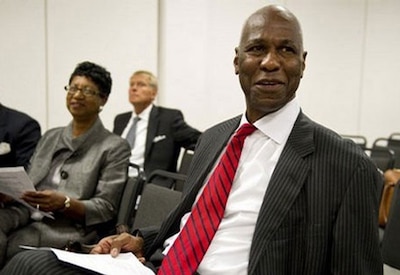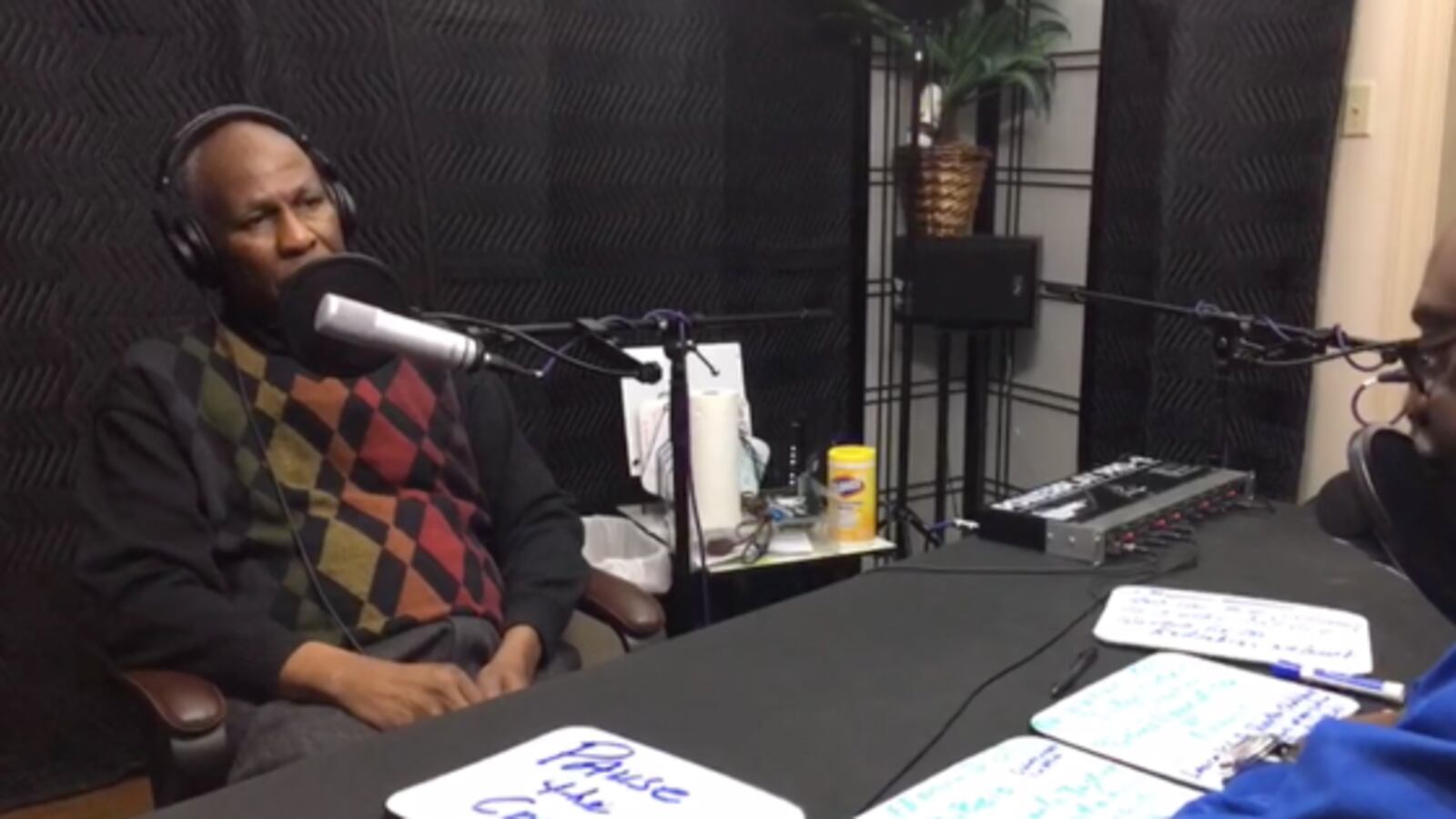Since Willie W. Herenton left the helm of the former Memphis City Schools in 1991 after 12 years as its superintendent, the city’s education landscape has changed dramatically.
No Child Left Behind Act. Race to the Top. The advent of charter schools. A historic school merger — and subsequent de-merger. The arrival of the state-run Achievement School District.
A former Memphis mayor who is now CEO of his own charter network, Herenton says the community is not supporting its public education system as much as it can or should to lift its schoolchildren out of poverty.
Herenton spoke about the challenges during a Funky Politics podcast, which aired this week. At 76, he is now the CEO of W.E B. Du Bois Consortium of Charter Schools, which operates six schools in Memphis and one in Atlanta. Four of the Memphis schools are among the state’s bottom 5 percent of low-performing schools.
(Disclosure: Chalkbeat Tennessee is partnering with The Funky Politics on a podcast series exploring national education reform and its impact on Memphis.)
As Memphis’ first black mayor, Herenton is a trailblazer and also a mammoth personality in local politics. He remains a powerful figure in the city and is revered in many neighborhoods. Born in 1940, he also is the product of a racially segregated school system, where books were often hand-me-downs from white schools in the city.
Here are three things Herenton had to say about the state of Memphis education today:
1. Charter schools are not anti-traditional schools.
As a charter school operator, Herenton said freedoms afforded to charter schools bolster efforts to close achievement gaps between poor and affluent white, black and Hispanic students. That goal has yet to be realized.
“There is a direct correlation between economic status and academic achievement. That has not been broken,” he said.
Still, Herenton said taxpayer money siphoned off from school districts to charter schools should not be held to the same scrutiny as money allocated to private schools if vouchers were to pass in Tennessee.
“There’s a prevailing belief that charter schools take away funds from public schools,” he said. “It’s exercising the right of a parent to send their child to any school they want to send them and the funds will follow the child. … Charter schools were designed to give parents more options in the marketplace.”

2. A good education is important, but is only part of the equation to break students out of poverty.
“Back in the old days, we had a burning desire for education. We just believed education was the passport out of … the slums,” Herenton said. “It produced a lot of us who were first-generation college graduates. I was a first-generation college graduate.”
Now, he said, wraparound services such as health, mental health and community development are necessary to help.
“What I’m finding out now is how many African-American families engage in a holistic kind of way to break the cycle of poverty. How do we create more opportunities for African-American kids who may be in impoverished conditions — who may, like me, not have a father in the home? How do we get them to break out of the poverty cycle so that they get to college, so their children (can)?” he asked.
In recent years, Herenton has aimed those questions toward the intersection of education and juvenile justice systems. In June, Shelby County’s governing body endorsed Herenton’s plan for a juvenile rehabilitation facility in the city’s Frayser community to provide medical and mental health care and educational and vocational training.
Herenton opened a school with a similar mission in 2013 but had to abruptly close it a few weeks later. He said not enough students were being redirected from the juvenile justice system.
3. Re-engaging the black middle and upper class is crucial to the success of public education.
After school integration efforts and the steady population shift of wealthy black and white families to the suburbs, the city’s black community lost power, Herenton said. To reverse that trend, black people who are more affluent must actively provide opportunities to others seeking to break the cycle of poverty.
“Now, some brothers and sisters that get in the middle class and make six digits, they become oblivious of their past and history. They forget why, how they got there, and what they were supposed to do when they get there,” he said.
Herenton said he was criticized for intentionally providing opportunities to African-Americans during his political career. But he insists that black people in positions of power must provide those opportunities.
“My purpose was to educate but to empower people who had been left out. … People don’t do that now as a mission,” he said. “That was what I was supposed to do: create opportunity for my people.”

